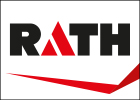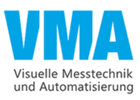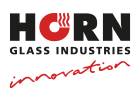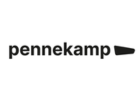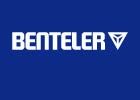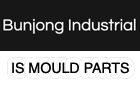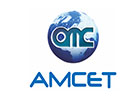Verallia, European leader and the world’s third largest producer of glass packaging for beverages and food products, has once again had its CSR strategy approved by the CDP in the Climate category, and has been awarded an excellent “A-” rating for the year 2022. In doing so, the not-for-profit environmental organization, which is a reference in the field, recognizes the Group’s progress and effectiveness in its commitment to combat climate change.
VERALLIA RANKED AMONG THE MOST COMMITTED CARBON STRATEGY BUSINESSES
“Our status as European leader of glass packaging manufacturing for beverages and food products, the most sustainable material in the world, require us to have strong strategic vision and actions in terms of environmental responsibility. Global warming will not wait for us! This is why we are investing massively in improving our industrial facilities, developing new technologies and reducing indirect Scope 3 emissions. We are determined and convinced of the impact of our actions and proud that they have been recognized by the CDP for their efficiency. This confirms our ability to act and mobilize to achieve our objectives,” said Wendy Kool-Foulon, Verallia Group CSR Director and Legal Counsel.
Verallia has a particularly ambitious CSR roadmap, in line with its purpose “Re-imagine glass for a sustainable future”. It is based on three pillars: enhancing the circularity of glass packaging, decarbonising our activities, and ensuring a safe and inclusive work environment for all.
Since 2019 and to support its approach, the Group has thus chosen to have its climate performance reassessed annually by the CDP, whose requirements are continually being raised. By moving from a “B” to an “A-” rating, the CDP attests to the concrete results of its decarbonisation strategy and its ability to transform its business to meet its ambitions.
Validated by the Science Based Targets initiative (SBTi) as part of the 1.5°C trajectory, one of Verallia’s main objectives is to reduce its CO2 emissions (Scopes 1 and 2) by 46% by 2030 in order to achieve carbon neutrality by 2050. In 2021, the Group has already reduced its emissions by 8% compared to 2019.
A major project for 2023: the construction of the very first 100% electric glass furnace in the Cognac plant (France). This approach, unique in the world for the food glass industry, should enable a 60% reduction in CO2 emissions.




